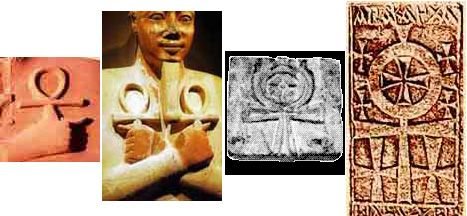I dont think christianity is upheld as novel or even different from other forms of religion or "mysticism". The apparent idea you are disproving is that christianity holds itself as true because its unique from other religions or beliefs. Thats not completely true however. Its uniqueness is not what makes christians believe in christ. Am I missing your point? The fact that similar stories or beliefs exist in no way disproves the factuality of "the bible, hell, and other topics of casual delight". :supcool:heretic888 said:Christianity has, from its apparent inception, been a thorougly Hellenized religious movement. The most basic theological formula in the Pauline epistles, the earliest Christian writings we know of, is that of a mystical communion with the god-man through participation in his suffering, death, and resurrection. This essentially is just a Jewish version of the Hellenistic mystery cults devoted to the pantheus ('all-god') of Osiris-Dionysus that were ubiquitious throughout the Mediterranean. Its certainly not a historical novelty, nor does it fall back on what most would consider traditional Judaism.
There are plenty that exist including Gilgamesh's account of "The Flood", I dont see that these discount the bibles accuracy at all.
7sm




